The importance of security of the website rises, as the number of data breaches and leaks increases. Therefore, when you choose a web hosting service, ensure that the hosting provider follows the best web hosting security practices to prevent the loss of important data and personal information. This article shows the best web hosting security practices to protect websites from hackers, malware, and other online threats. Let’s have a look!
Can’t decide a web hosting platform? Check out our top 10 picks for the best hosting services.
10 Best Web Hosting Security Practices
It’s important to consider the following best web hosting security practices when choosing a hosting plan to ensure your website’s and data’s safety.
Do Regular Backups

Website holds a lot of important and private data. The potential loss of this data can lead to significant hindrances in your company’s daily agendas and functions. To prevent this, it’s necessary to create backup copies of your website’s content. You can do this whenever you want or on schedule like daily, weekly, or monthly. Many websites can automatically make these backup copies, but some may need more attention. Certain hosting services might restrict how often you can make backups. The frequency of backups depends on the specific plan you choose; typically, premium plans grant the option for unlimited daily backups.
Use SSL Encryption
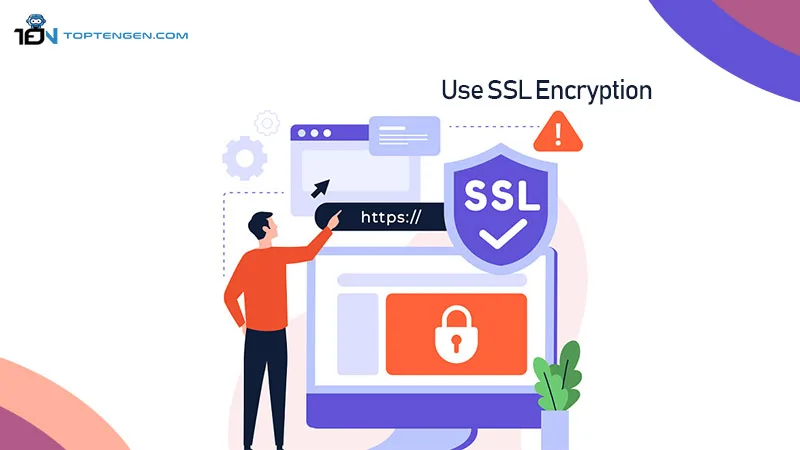
SSL Encryption is one of the best web hosting security practices. SSL is important to make sure that when people visit your website and share info, it’s all safe and private. If your web host doesn’t offer a free SSL certificate, you can buy one from a trusted source an SSL certificate authority. When your website is equipped with an SSL certificate, the browser will show a padlock symbol next to the website URL. Visitors can click on this icon to see the details of the certificate.
Use Strong Passwords
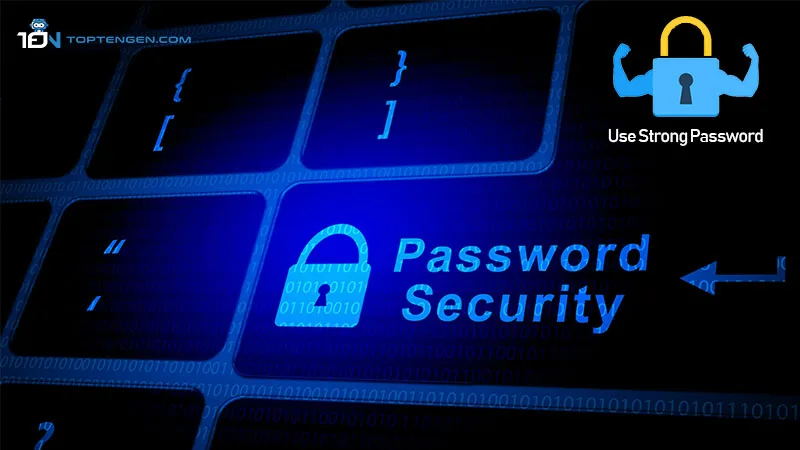
When you access your web hosting account or other secure parts of your website always use strong passwords. And also ensure that these passwords are atleast eight character long and include a combination or uppercase and lowercase letters, numbers, and special characters. Using lengthy and strong passwords is necessary for your website’s security. Additionally, you can also boost your web hosting security by setting two-factor authentication.
DDoS Prevention
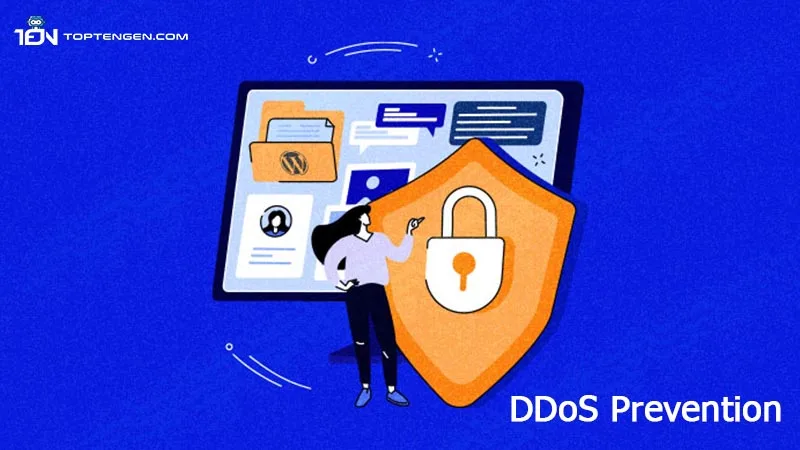
Distributed Denial of Service attack interrupt the activities on your website by overflowing its resources with devastating traffic. This is a tactic that hackers often use to breach websites, especially on those websites that contain valuable, sensitive data. So, it’s important to ensure that your hosting service has protection against DDoS attacks and other types of malicious activities. It is also one of the best web hosting security practices.
Operating Systems
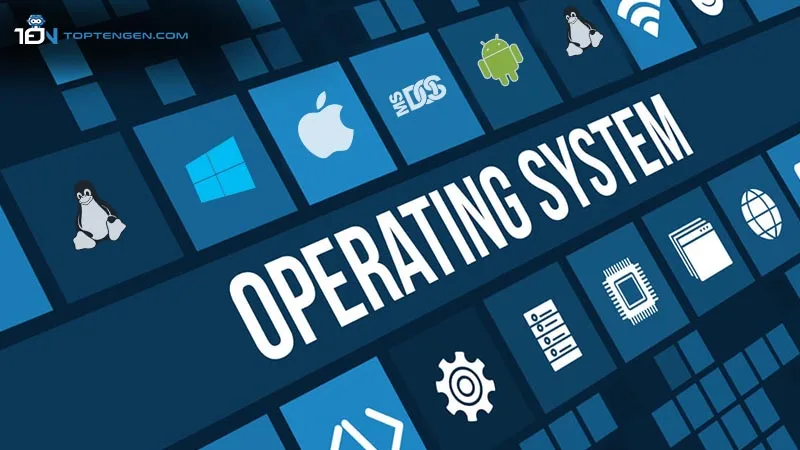
Considering your website’s technical prerequisites, you can opt for either a Linux-based or a Window-based operating system to power user web server. Regarding security considerations, both operating systems offer unique security benefits. A window-based web server employs default access limitations, requiring users to seek permission before obtaining administrator privileges. Conversely, Linux web servers encounter fewer threats due to their narrower usage compared to Windows. Whenever a vulnerability detected, the responsive open-source Linux community generally takes action to address the issues.
SQL Prevention
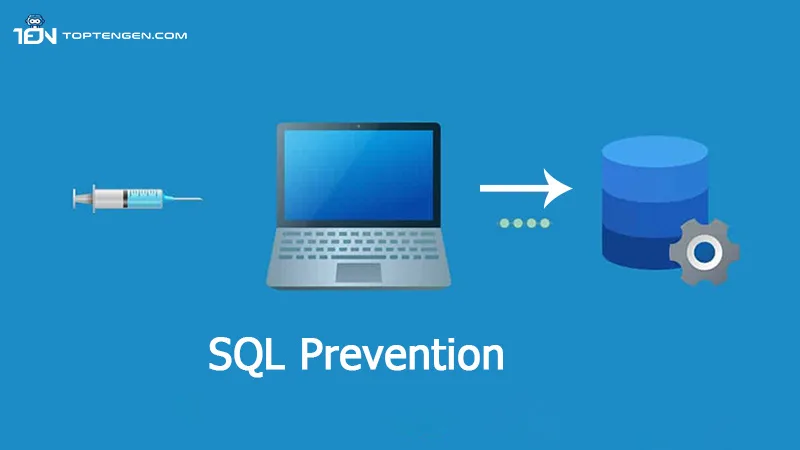
Hackers use SQL to insert their harmful codes to your website code. This method is one of the oldest and still commonly used in cybercrime. Websites that use SQL are more likely to get these kinds of attacks. To prevent this, you must equip your team that empowers them to effectively defend against these attacks.
Software Updates

Its important to update your website’s software regularly to protect your website from potential attacks. These updates helps you to fix past vulnerabilities. Hackers might take advantage of outdated software to gain unauthorized access to websites and steal sensitive information. So, keep your website’s plugins, themes and other elements up to date to maintain its security.
Malware Scanning

Malware refers to the harmful software that can put your website’s security, performance and functionality at risk. It might result in data breaches, defacing of your website or even taking control of your server. So, it’s extremely important to have a strong method to spot and remove malware from your web hosting service. A reliable web hosting provider such as Hostinger in the best web hosting security practices should offer automatic regular scans to catch malware and provide tools for manual scanning if needed.
Network Monitoring

Network monitoring is one of the best web hosting security practices to consistently examine your internal network to detect unauthorized access or unusual activities. This approach allows your system administrators to quickly detect any attack between servers.
Use SFTP Instead of FTP
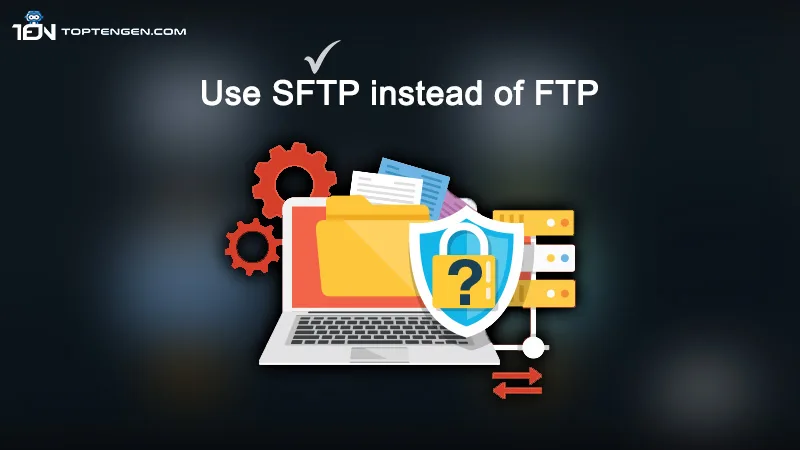
When you deal with sensitive data, it’s important to choose STFP instead of FTP which is one of the best web hosting security practices. Because Secure File Transfer Protocol keeps any transfer between a web server and clients encrypted. By doing this, you can ensure that your data remains secure and isn’t easily accessible, even in the presence of malware within the system.
Frequently Asked Questions
What are the most common threats that any web hosting faces?
What are the top 10 best web hosting security practices?
1. Do Regular Backups
2. Use SSL Encryption
3. Use Strong Passwords
4. DDoS Prevention
5. Operating Systems
6. SQL Prevention
7. Software Updates
8. Malware Scanning
9. Network Monitoring
10.Use SFTP Instead of FTP
